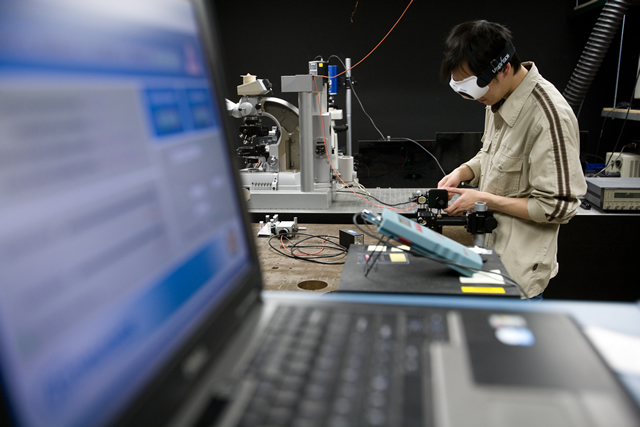
Electrical & Computer Engineering Faculty Publications
Document Type
Article
Publication Date
6-20-2004
Abstract
The goal here is to make arrays "smart" so that when one of the antenna elements in the array fails, the beamforming and beamsteering performance of the array degrades gracefully. Such an objective can be achieved in reconfiguring the array when an element is found to be defective, by either changing the material properties of the substrate or by applying appropriate loading in order to make the array functional again. Our approach is based on optimization using machine learning and support vector machines (SVM). The basic idea is to change the excitation coefficient for each array element (magnitude and phase) to optimize for changes due to the environment surrounding an array antenna. Using support vector machines, one can train the antenna array to change its elements' phase or excitation distribution in order to maintain a certain radiation pattern or to enhance its beamsteering and ing properties and solve the DOA problem as well.
Publisher
IEEE
Publication Title
IEEE Antennas and Propagation Society International Symposium
ISSN
0-7803-8302-8
First Page
321
Last Page
324
DOI
10.1109/APS.2004.1329637
Language (ISO)
English
Sponsorship
IEEE
Keywords
Antenna arrays, Array signal processing, Chaos
Recommended Citation
Abdallah, Chaouki T.. "The use of machine learning in smart antennas." IEEE Antennas and Propagation Society International Symposium (2004): 321-324. doi:10.1109/APS.2004.1329637.
